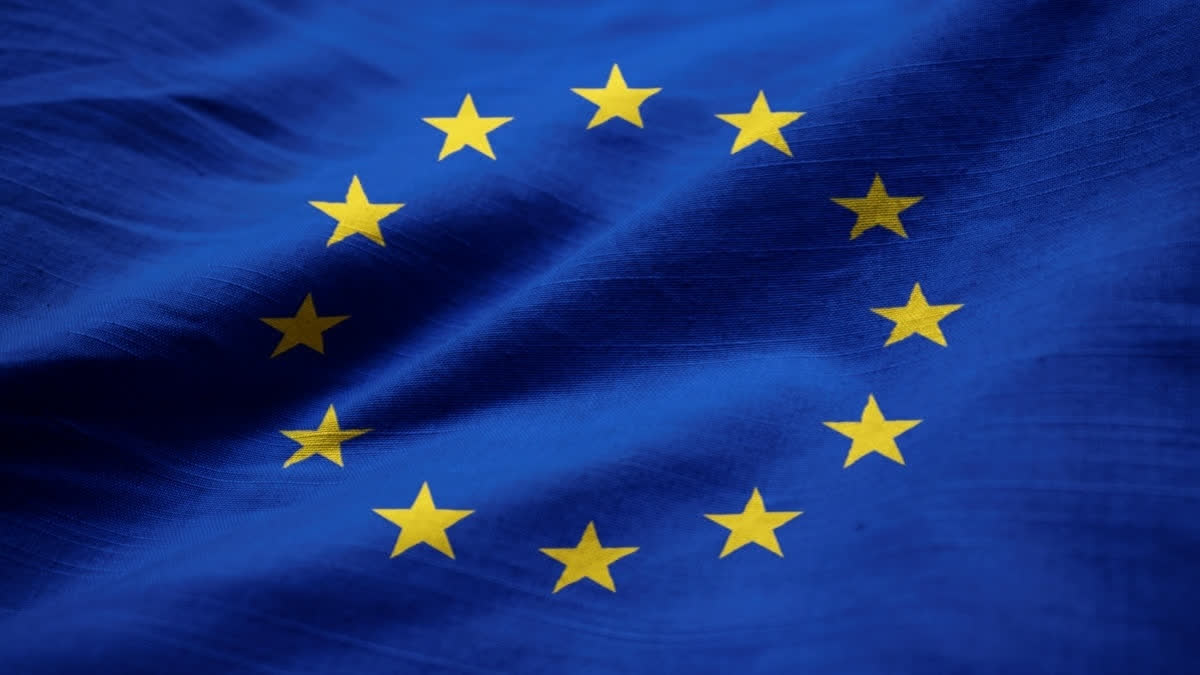New Delhi:The European Union has provided India with inputs on alleged involvement of certain Indian entities in supplying "high priority" goods with possible military application to Russia in violation of Western sanctions, people familiar with the development said. EU Sanctions Envoy David O Sullivan said he visited India in October to discuss with Indian authorities "systemic solutions" to stop the "illicit flow" of the common high priority items to Russia.
There was no immediate comment from the Indian side on the matter. India has been maintaining that as a matter of policy, it does not accept unilateral sanctions and only recognises those imposed by the UN. "I travelled to India in October 2024 for the second time to discuss with Indian authorities systemic solutions to stop the illicit flow of common high priority items to Russia," Sullivan said in response to a query.
It is learnt that he provided certain details to the Indian authorities about the Indian firms supplying products to Russia circumventing the sanctions imposed by G7 and EU sanctions on Moscow. The alleged violations by the Indian entities have come to light after Washington imposed sanctions on 19 private firms from India for their alleged role in providing "dual-use" technologies to Russia.
EU sources said two entities based in India are subject to "specific export restrictions". It is understood that India has sought more information from the EU on the matter. "Several third countries I visited have put in place specific mechanisms to solve this issue. Russia's brutal and illegal invasion of Ukraine is existential for the EU," Sullivan said.
"We will continue to disrupt the activities of the Russian military industrial complex by shutting down illicit procurement networks on a constant basis," he said. Two entities from India Si2 Microsystems Pvt Ltd and Innovio Ventures are already subject to the EU's specific export restrictions, according to the sources.
The EU sanctions envoy said his job is to make it "harder, slower and more expensive for Russia to access our technology." "Data at our disposal shows that we are succeeding. We estimate that Russia is paying about 130 per cent more for semiconductors and 300 per cent more for second-hand machine tools after we imposed sanctions," he added.
